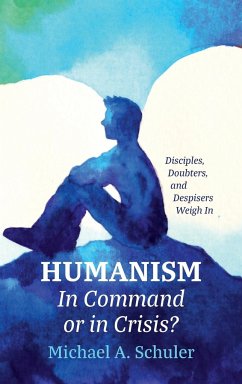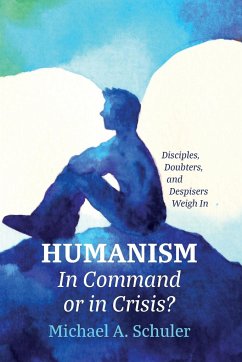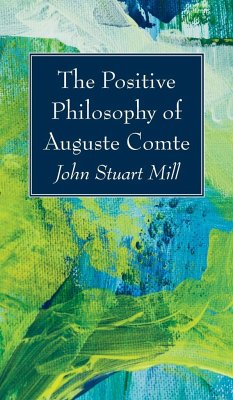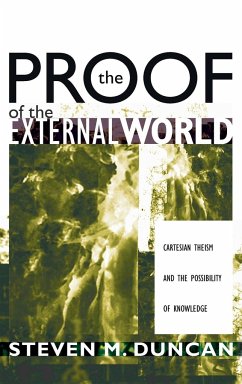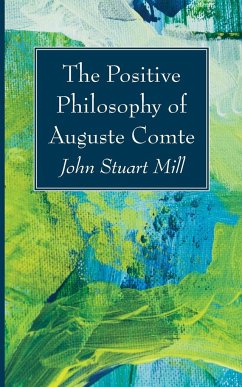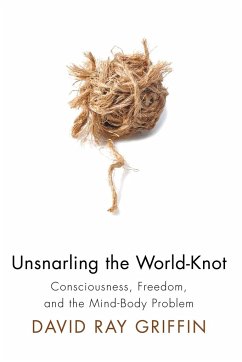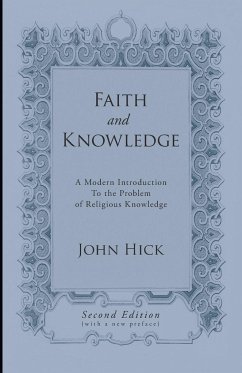According to bestselling historian Yuval Noah Harari, today's average American has their foot in three ideological camps: nationalism, free market capitalism, and humanism. The first two might seem obvious, but the third? It's entirely possible that most who qualify for that label would be hard pressed to explain its meaning, much less use it self-descriptively. This book is designed to serve two important purposes: First, to provide an accessible resource for anyone curious about the humanist tradition and the arguments advanced by leading contemporary proponents. Second, to address what the author believes is a critical question for our time, the era of the Anthropocene: Is humanism's seemingly benign package of values at least partially responsible for some of the world's most pressing problems? To answer the last question, Schuler draws from an eclectic collection of commentators, including life scientists, spiritual writers, public intellectuals, technologists, novelists, and even poets. In the end, this wide-ranging survey will help the reader determine whether humanism makes sense for them.
Hinweis: Dieser Artikel kann nur an eine deutsche Lieferadresse ausgeliefert werden.
Hinweis: Dieser Artikel kann nur an eine deutsche Lieferadresse ausgeliefert werden.

